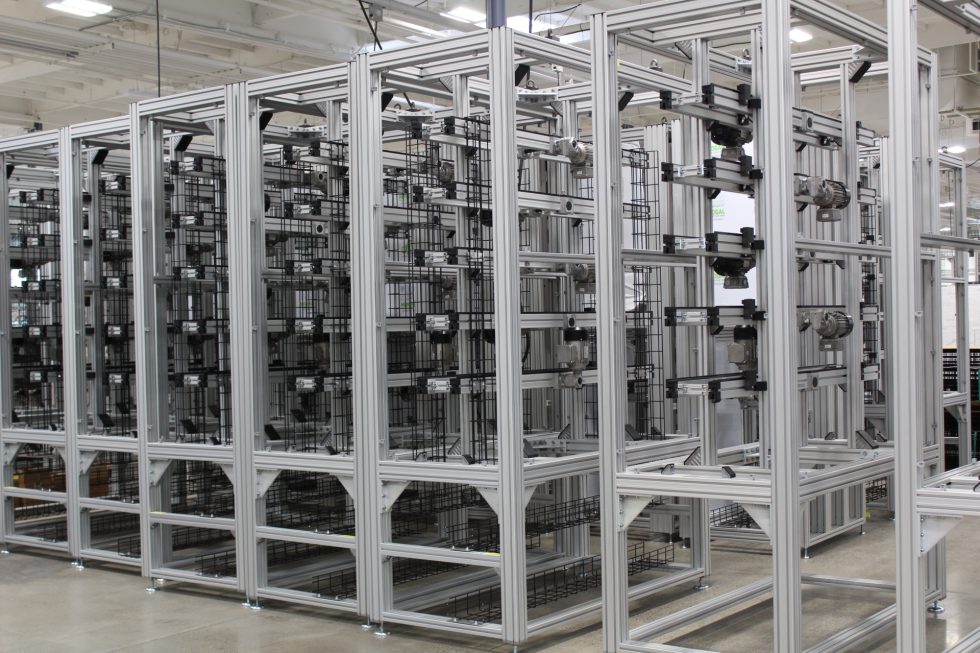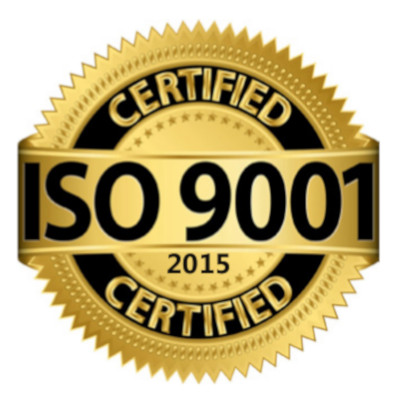Criteria to Consider When Evaluating a Contract Manufacturer’s Competency, Part 3
Criteria to Consider When Evaluating a Contract Manufacturer’s Competency, Part 3
Having delved into the intricacies of contract manufacturing in Part 1 and Part 2, join us in Part 3 where we’ll further explore the nuances and final considerations essential for making an informed decision. Don’t miss this deep dive into the culmination of our insights.
Key Considerations in Selecting a Contract Manufacturing Partner
1. Business Scale: When choosing a contract manufacturer, also consider their company size as a scale in relation to your product. Being their largest client may strain their resources, while being the smallest might reduce your project’s priority. It’s crucial to select a manufacturer where your project aligns well with their capacity and attention levels..
2. Quality Benchmarks: Compliance with established quality standards like ISO:9001 is a hallmark of a contract manufacturer’s dedication to delivering reliable, high-quality products. Experience in regulated industries such as medical, aerospace, or automotive further underscores this commitment. To ensure both market acceptability and aesthetic appeal, it’s essential to partner with a CM that not only adheres to industry benchmarks but also has a robust Quality Management System (QMS) in place. This organizational focus guarantees that rigorous training and audits are conducted, benefiting your product at every stage of its lifecycle.
3. Interactivity: Effective communication is crucial when partnering with a contract manufacturer. Evaluate their responsiveness to emails, their availability for calls, and any potential language barriers you may encounter. If communication is challenging from the outset, it’s often a sign of future complications in resolving issues. To ensure a smooth collaboration, it’s essential that the CM staff are experienced and competent individuals in all key roles, particularly those who will serve as your main points of contact, such as department heads.
3. Geopolitical Hazards: When evaluating a potential contract manufacturer, it’s crucial to consider the political risks involved. Trade disputes can lead to unforeseen tariffs or logistical complications. That’s why at DWFritz, we’ve embraced onshoring as a key component of our Risk Mitigation Strategy. By conducting all our manufacturing within the U.S., we minimize these kinds of risks, offering the potential for reshoring to clients who are considering moving their manufacturing back to domestic soil. This approach not only reduces the scope for global trade disruptions but also creates a predictable and stable production environment.

FREE 100 – Point Checklist – Questions to Ask When Evaluating a Contract Manufacturer
Wrapping Up: Choosing your Contract Manufacturing Wisely
In the complex landscape of contract manufacturing, every decision counts. Whether it’s safeguarding intellectual property or navigating international trade issues, each detail plays a role in your product’s success. Ideally, a relationship with a contract manufacturer is built to last, so it’s crucial to make a thorough decision and ask all relevant questions. At DWFritz Automation, we don’t just offer a service; we offer a partnership grounded in expertise and dedication. Our goal is to be your long-term precision contract manufacturer, handling the intricacies so you can focus on your vision. Choose DWFritz, and you’re opting for excellence at each step of the manufacturing journey.

